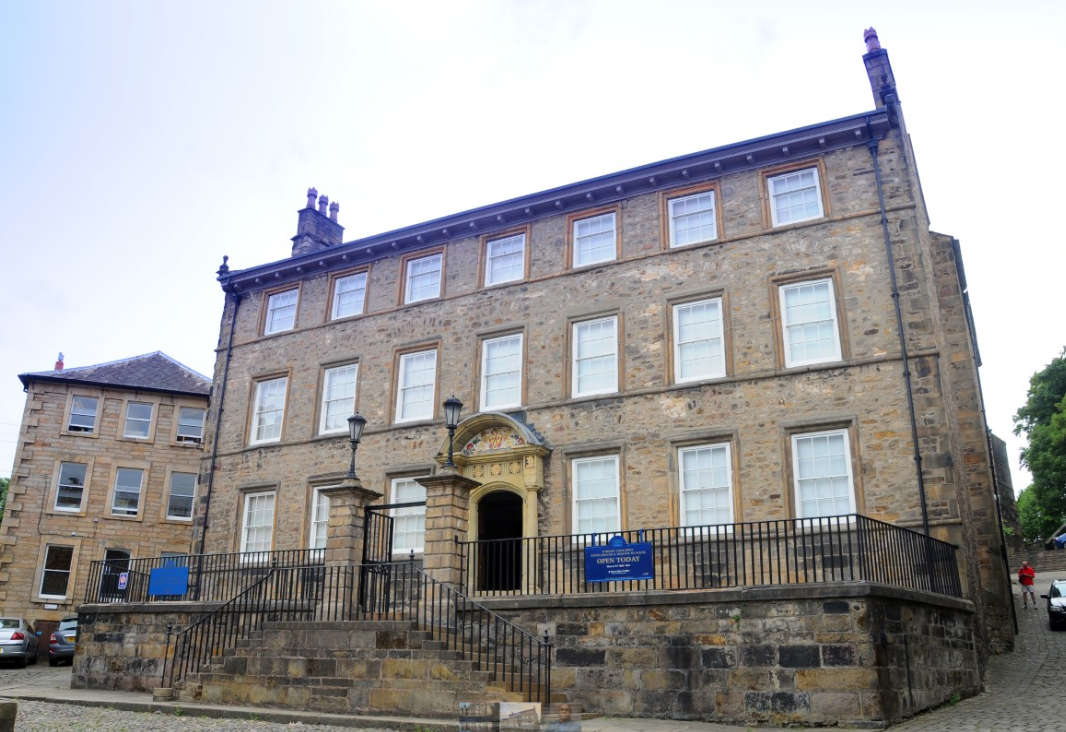
A project reflecting on Lancaster’s slave trade past has taken a big step forward with the backing of Arts Council England. For the first time, Lancaster Priory, the Judges Lodgings, Lancaster Black History and More Music have joined forces and can now go ahead with the first phase of Facing The Past.
This project aims to reflect, reveal and redress omissions in the way the city has so far commemorated its role in the transatlantic slave trade.
Facing The Past will involve arts and creative learning workshops and visits to the Judges Lodgings for young people and the development of a creative resource pack for schools.
Arts workshops at Lancaster Priory and in Morecambe will also be open to the community.
Public consultation will take place for phase two which involves developing a plan for new public artworks, more community work and a digital programme.
Lynda Jackson, manager of the Judges Lodgings, which is run by Lancashire County Council, said: “We’re really pleased that the Judges Lodgings is involved in this really interesting project which puts a spotlight on this often sadly neglected area of history.
“It is important that Lancaster’s role in the slave trade is properly documented and those affected by this terrible trade are not forgotten.”
The project will reveal the stories of the enslaved people who came to or through Lancaster, starting with the locations where those who benefitted from slavery are memorialised.
It aims to lead to better understanding of this period of Lancaster’s history while also raising questions and encouraging further research.
From 1736 to 1806, Lancaster was the fourth largest port in England for transatlantic slavery, a trade which made several Lancastrians very wealthy. Their names are reflected in the city’s buildings, institutions and streets.
Some slaves were baptised in Lancaster Priory and its memorial garden contains the mummified hand of a slave servant, Frances Elizabeth Johnson, ‘owned’ by the Satterthwaite slavers of Castle Hill. There are memorials both within and outside the church to families involved in slavery.
The Judges Lodgings houses collections which commemorate Lancastrians who were involved in the slave trade including famous furniture makers, the Gillows.
The impetus for Facing The Past was the reaction to last year’s Black Lives Matter demonstrations which included damage to the grave of the Rawlinson slave trading family in the Priory churchyard.
Since last year, the grassroots community group, Lancaster Black History has developed its work fighting racism through education.
“The history of British involvement in the slave trade lies in many cities and towns across the UK but it largely lies hidden,” said Facing The Past’s patron and Shadow Justice Secretary, David Lammy MP.
“It is time to support cities like Lancaster to bring that history to the surface, to make sure that anyone spending time in the city can find it easily, and for visitors and residents from all communities to see themselves reflected back.”



 Life belt rescue after hovercraft called out to person struggling in water in Morecambe
Life belt rescue after hovercraft called out to person struggling in water in Morecambe
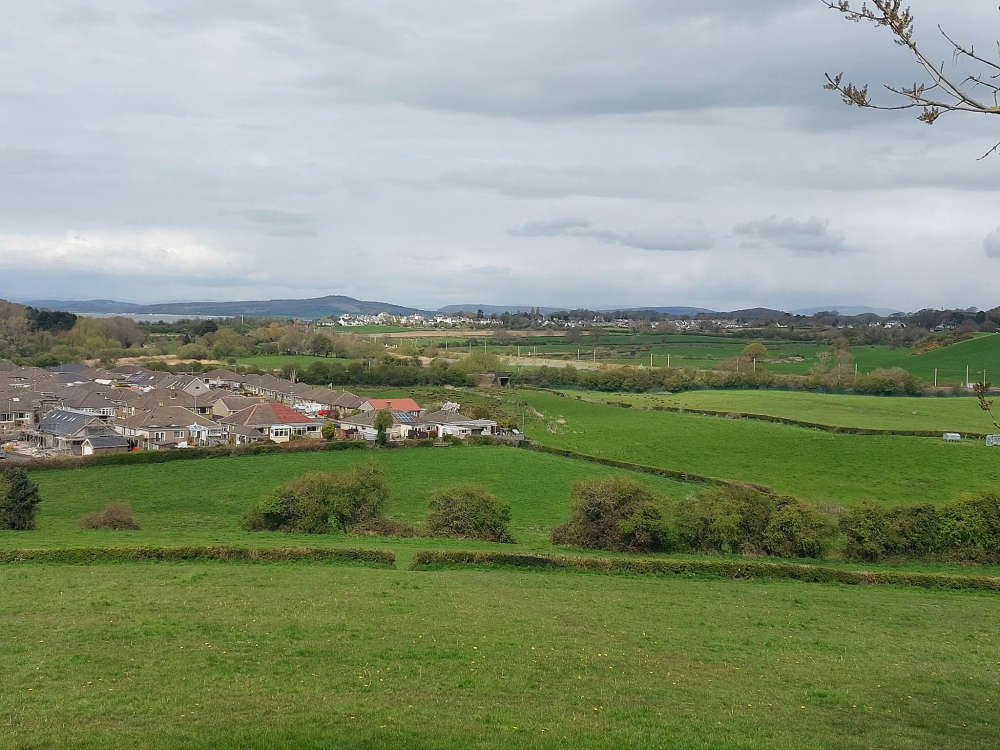 Appeal against refusal of 129 new homes thrown out due to 'national importance' of Torrisholme Barrow
Appeal against refusal of 129 new homes thrown out due to 'national importance' of Torrisholme Barrow
 All the road closures for Lancaster Grand Prix cycle races
All the road closures for Lancaster Grand Prix cycle races
 Mini-beach forms as residents wait weeks for water leak repair
Mini-beach forms as residents wait weeks for water leak repair
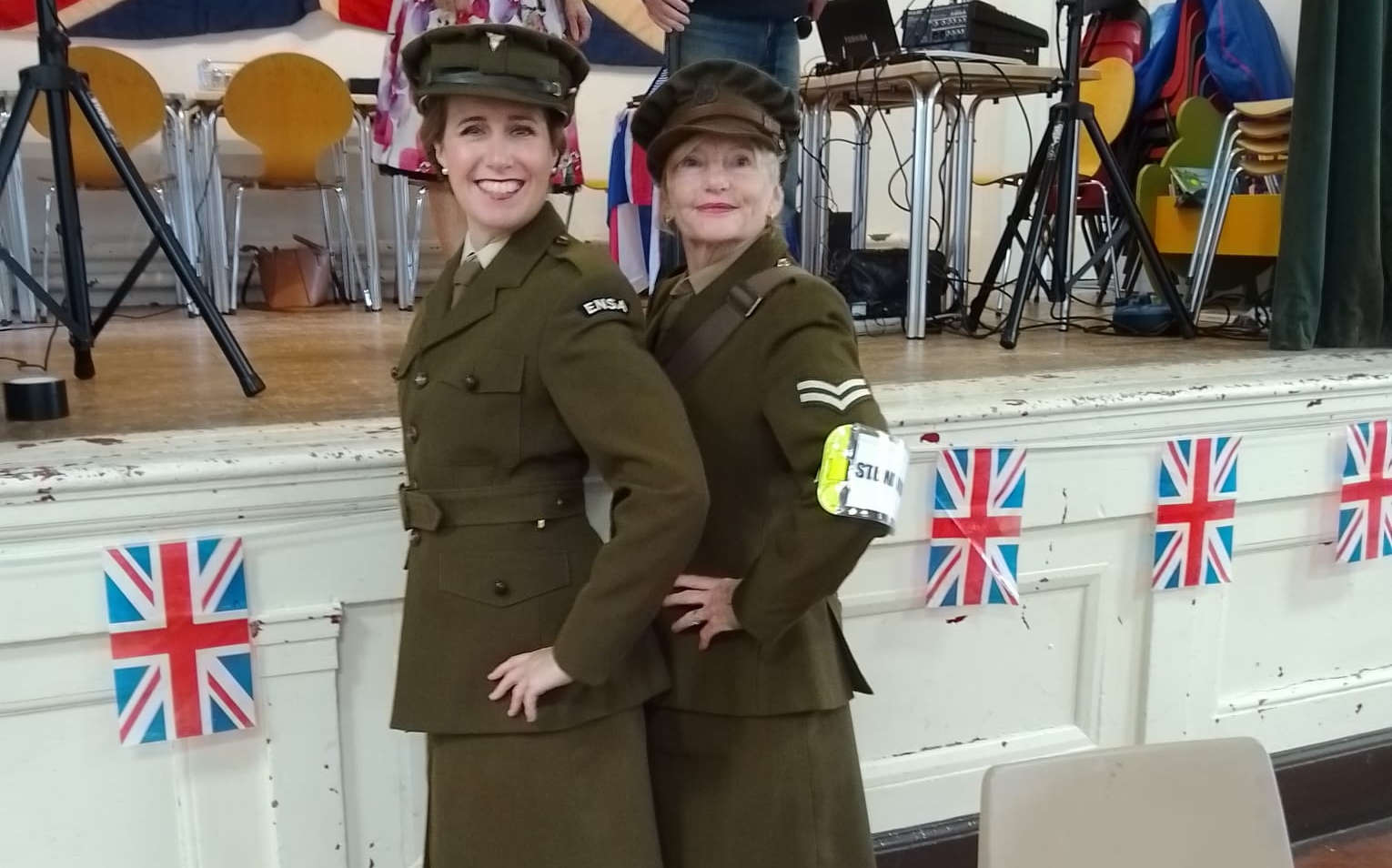 Morecambe 1940s Revival to bring vintage sights and sounds
Morecambe 1940s Revival to bring vintage sights and sounds
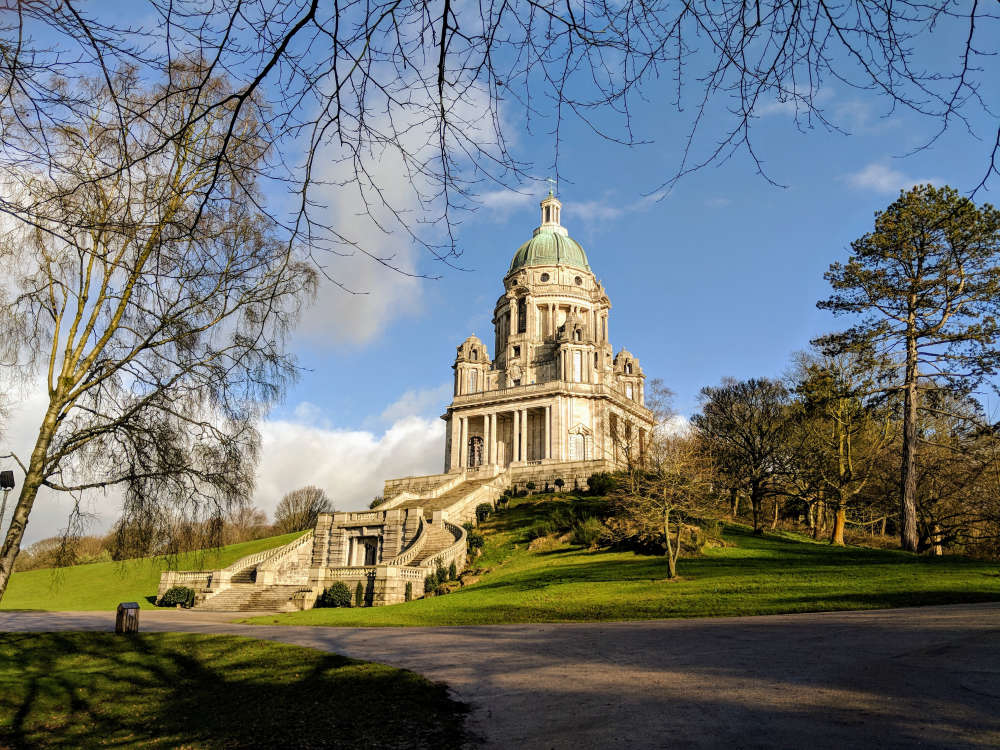 Events announced for you to help shape vision for Lancaster District in 2040s
Events announced for you to help shape vision for Lancaster District in 2040s
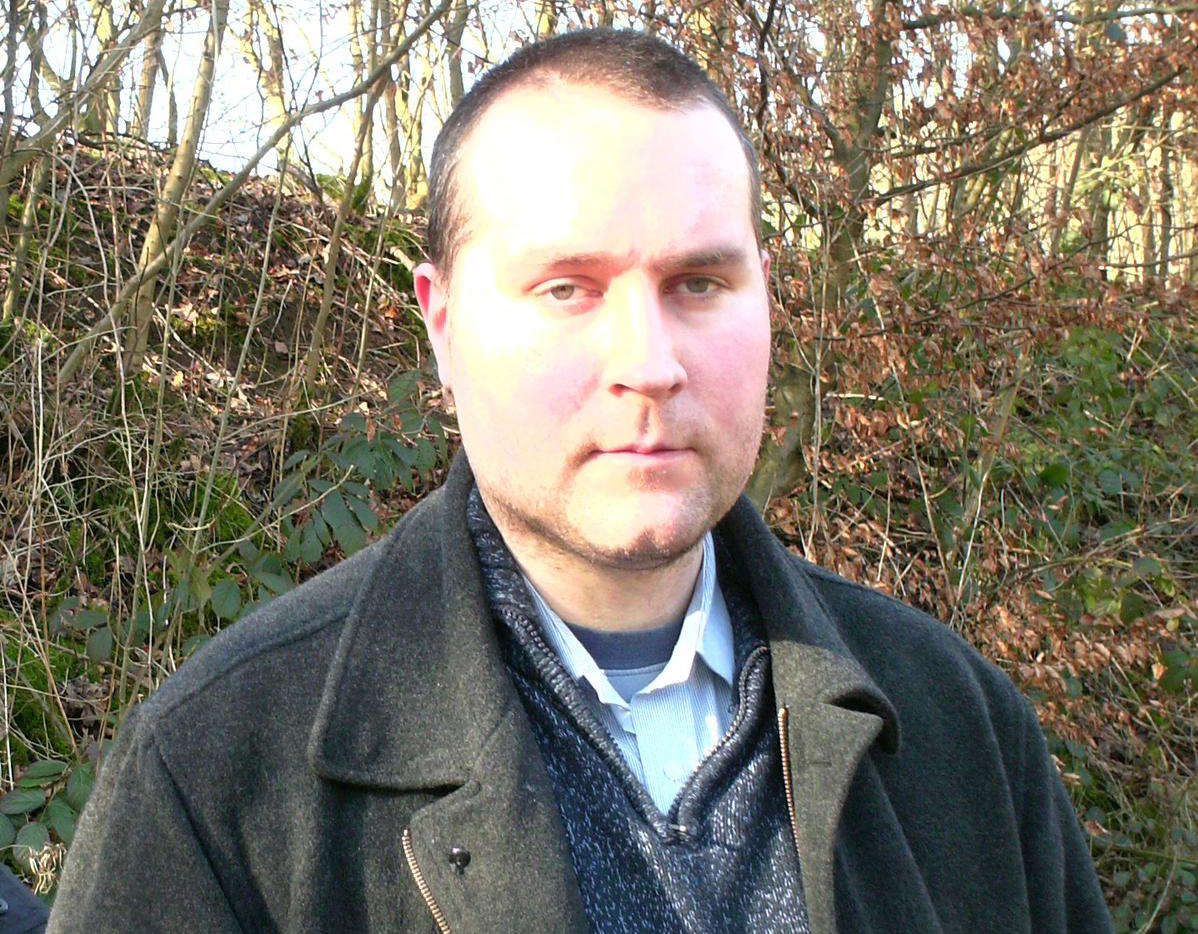 Family pays tribute to Lancaster man as police investigation continues one year on from his death
Family pays tribute to Lancaster man as police investigation continues one year on from his death
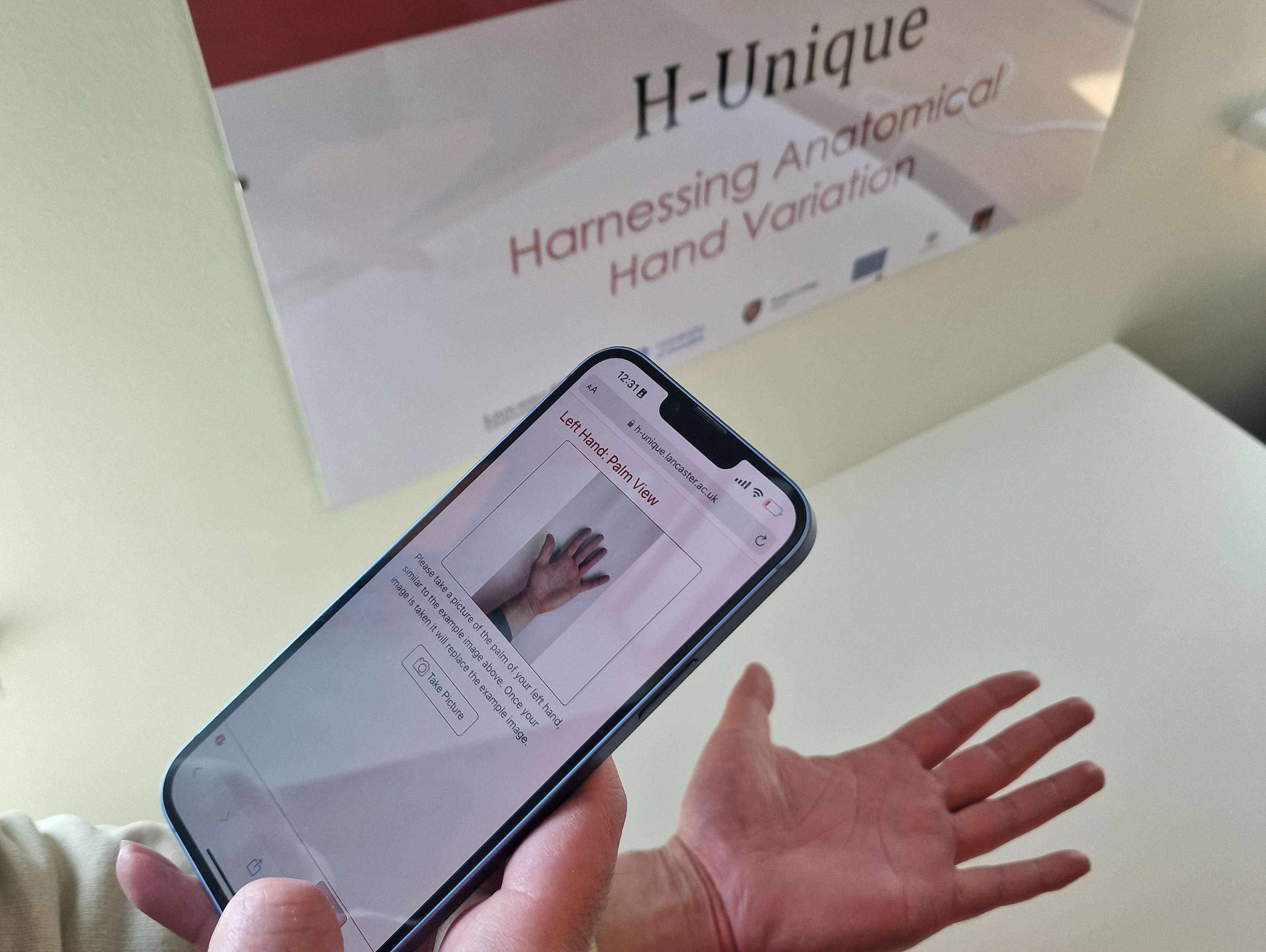 Call for 500 ‘citizen scientists’ to help complete pioneering hand identification research at Lancaster University
Call for 500 ‘citizen scientists’ to help complete pioneering hand identification research at Lancaster University
 INTERVIEW: Morecambe Pride chief calls for support from whole community ahead of this year's event
INTERVIEW: Morecambe Pride chief calls for support from whole community ahead of this year's event
 Police appeal after man tries to steal pensioner's handbag outside Morecambe supermarket
Police appeal after man tries to steal pensioner's handbag outside Morecambe supermarket
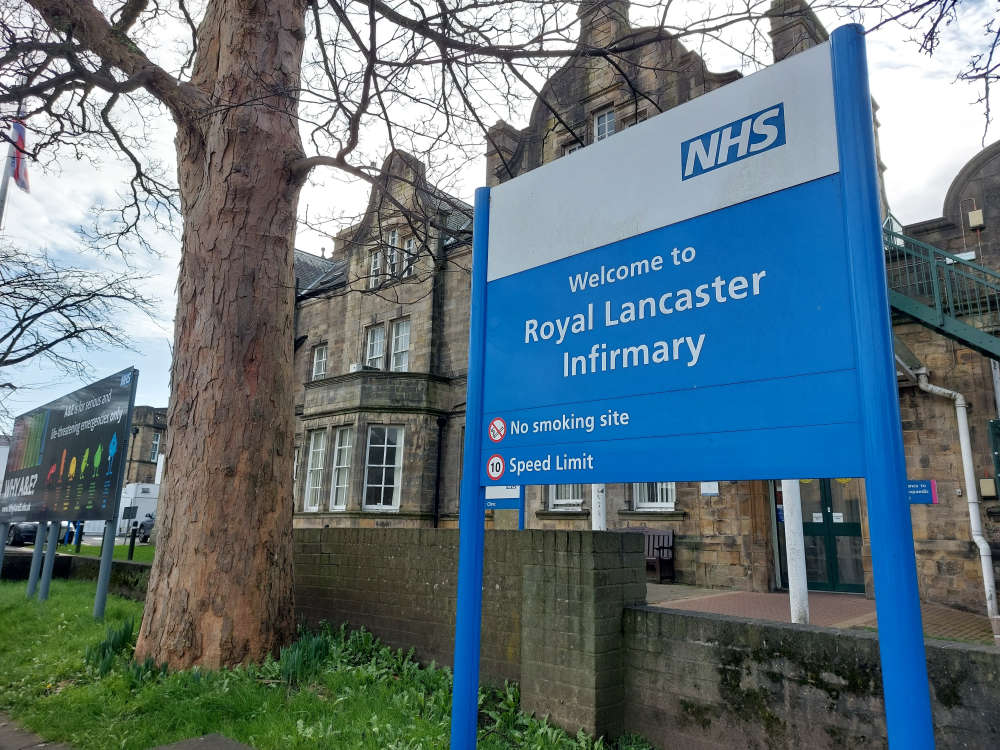 Health secretary says new Lancaster hospital will be 'considered carefully'
Health secretary says new Lancaster hospital will be 'considered carefully'
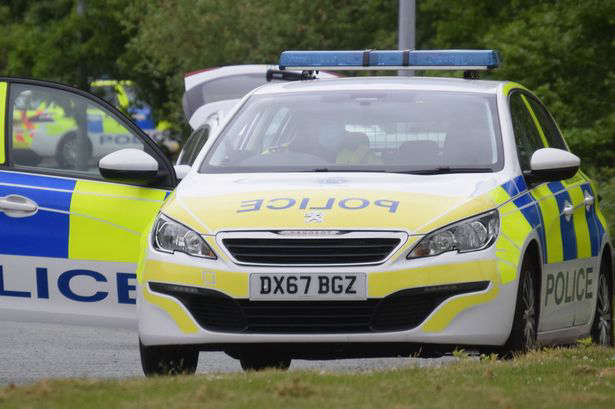 UPDATE: Man dies after collision on the M6 between Lancaster and Preston
UPDATE: Man dies after collision on the M6 between Lancaster and Preston
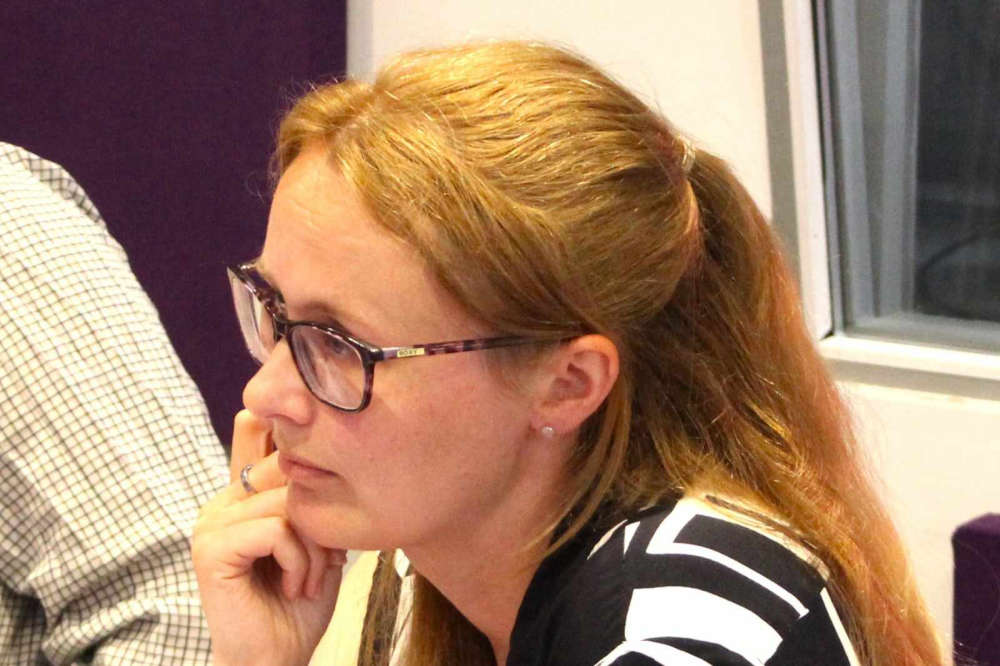 Lancaster MP defends voting against calls to scrap controversial two-child benefit cap
Lancaster MP defends voting against calls to scrap controversial two-child benefit cap
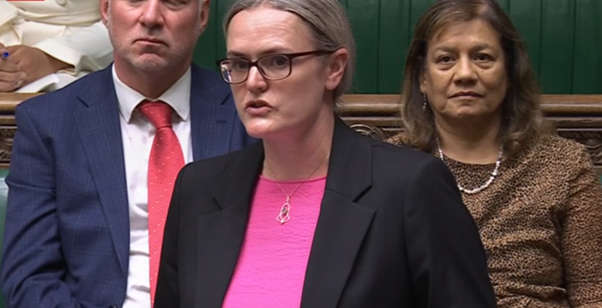 New Morecambe MP vows to keep promise to deliver Eden Project during maiden Commons speech
New Morecambe MP vows to keep promise to deliver Eden Project during maiden Commons speech
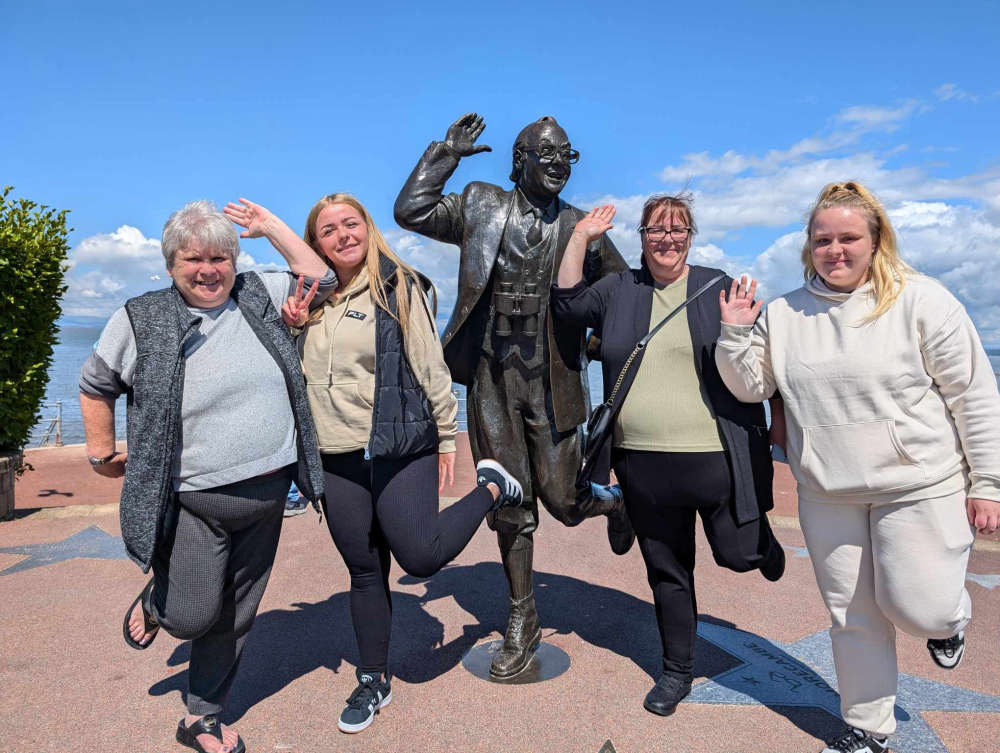 INTERVIEWS: Visitors to Morecambe meet our Eric on statue's 25th birthday
INTERVIEWS: Visitors to Morecambe meet our Eric on statue's 25th birthday
 £2.5m of Eden Project Morecambe funding unlocked to ‘prepare site for activation’
£2.5m of Eden Project Morecambe funding unlocked to ‘prepare site for activation’
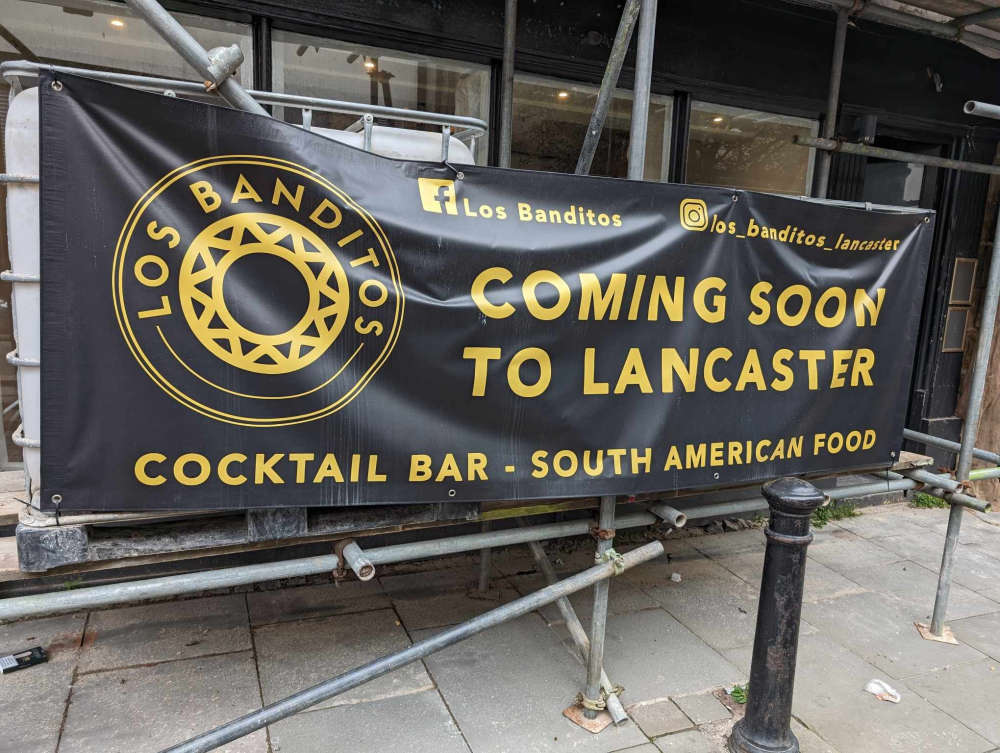 New Latin American bar and restaurant coming to Lancaster city centre
New Latin American bar and restaurant coming to Lancaster city centre
 Children open new state-of-the-art playground in Lancaster
Children open new state-of-the-art playground in Lancaster
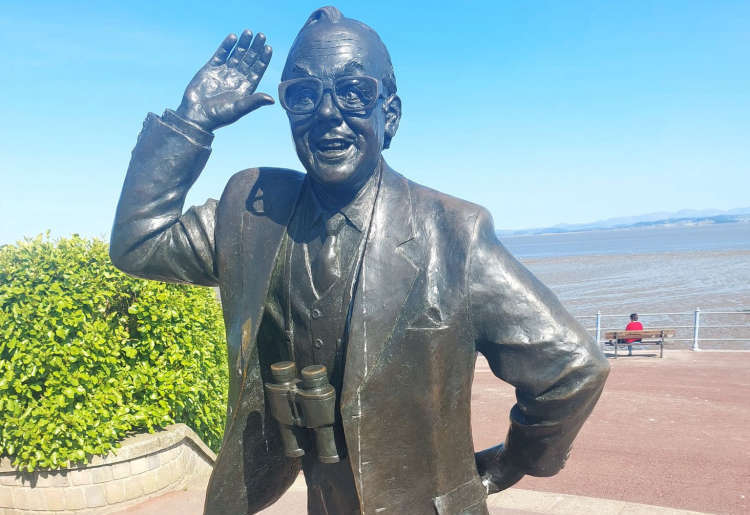 INTERVIEW: Man who created Eric Morecambe Statue celebrates its 25th anniversary
INTERVIEW: Man who created Eric Morecambe Statue celebrates its 25th anniversary
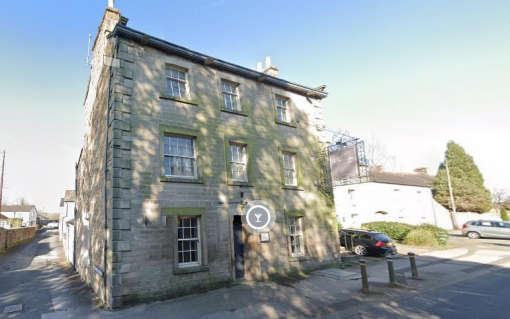 Closed-down village pub near Lancaster could be converted into apartments
Closed-down village pub near Lancaster could be converted into apartments





